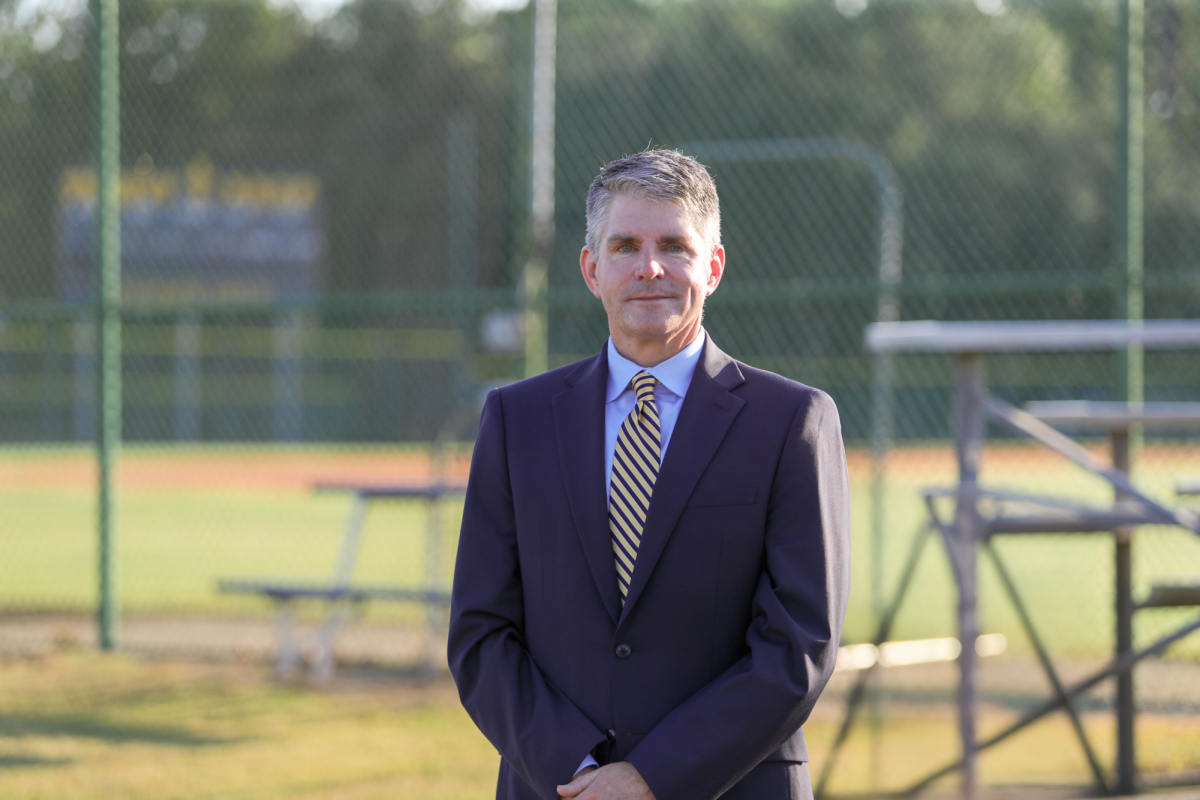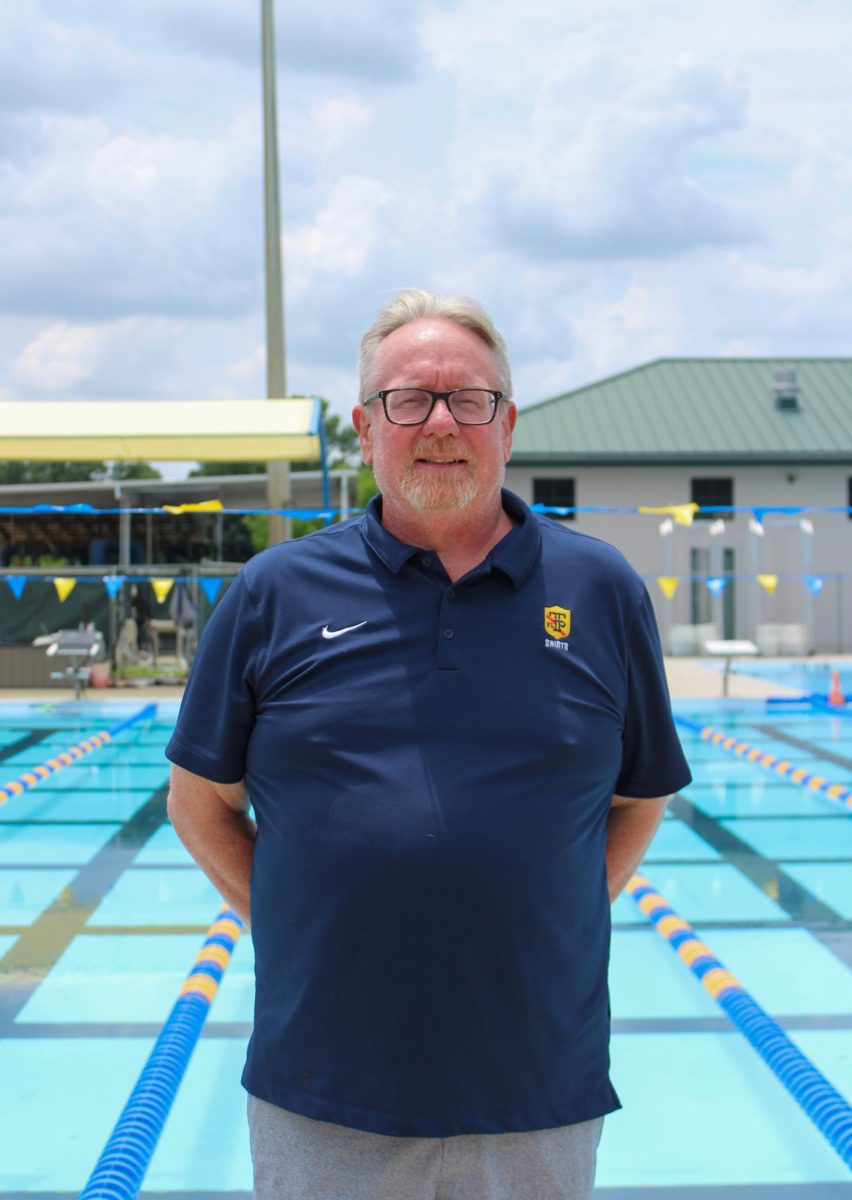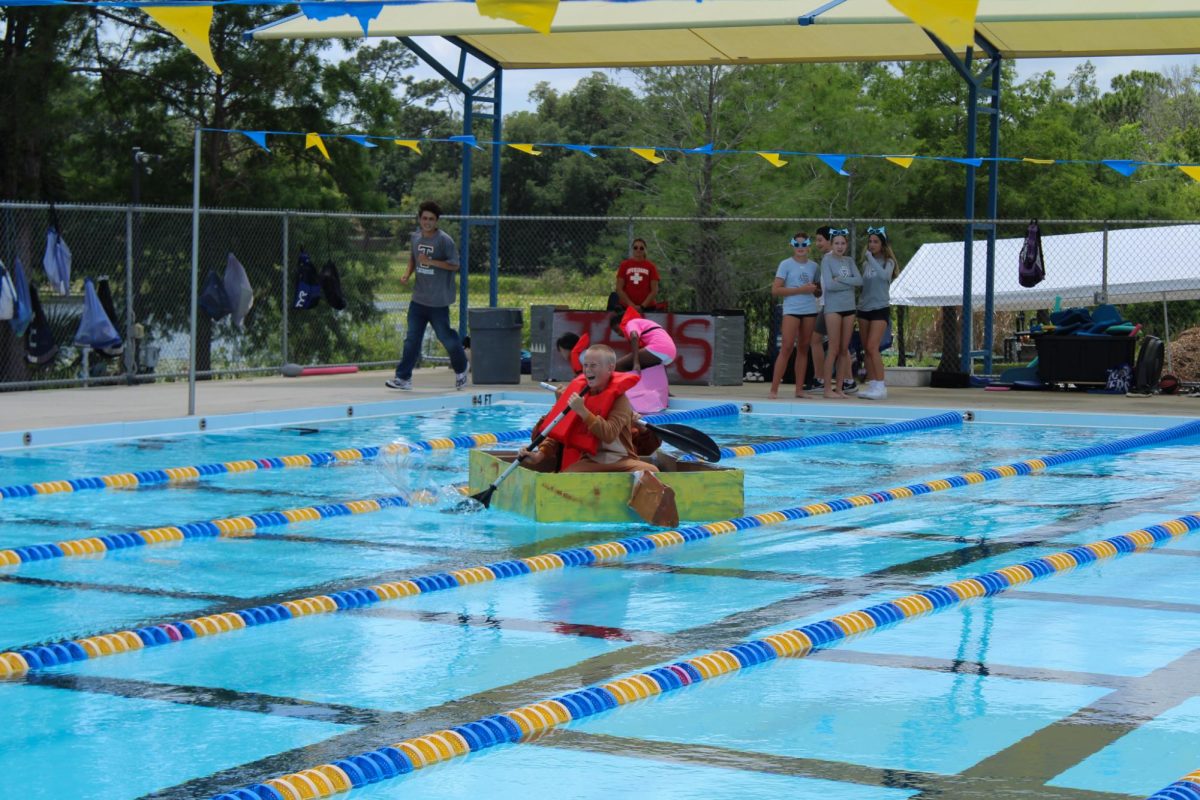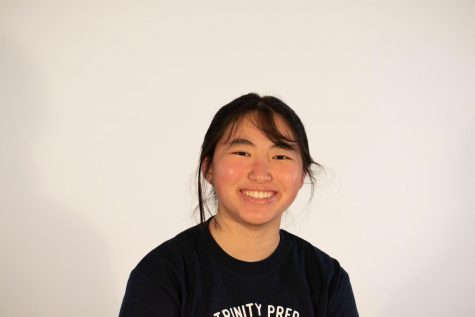Every year, Trinity Prep offers a variety of summer programs. Ranging from athletics to the arts, students have the chance to either broaden their experiences or satisfy a graduation requirement over the summer.
Data from the Atlanta Journal Constitution proves that after-school and summer learning programs support kids’ social and emotional development, accelerate learning gains, improve students’ reading and math skills, and boosts timely graduation.
According to the Director of Learning and Instruction Stephanie Dryden, the variety and scope of programs have increased this year despite the pandemic. Along with existing programs, many other new and interesting courses are being introduced.
For new and old students, taking part in a summer enrichment program can be a great opportunity for individuals to connect with the school’s community and to grasp new concepts.
“For kids who are new to Trinity, I think getting involved in any of [these programs] is great, whether it’s the tennis camp, the forensics camp, or swimming, just to have that connection to campus, and to become familiar with campus and the people here is a great thing to do,” Dryden said.
Dryden also described the summer as the perfect time for students to get ahead academically and finish graduation requirements before entering the new school year.
“What most kids do, whether they’re new to Trinity, or already at Trinity, is that they do look at our summer offerings sometimes to tick off a graduation requirement if they’re in high school,” Dryden said.
Regardless of why a student enrolls in a summer program, they will notice several changes the school has made to accommodate COVID-19 protocols. All academic and enrichment courses will be available remotely for students.
“When we had to plan, we didn’t know what the situation would be with COVID,” Dryden said. “So, it seems the safest thing [that would] allow people to plan and to have flexibility was to make them remote.”
While a number of classes will be offered on campus, there will be a limit as to how many students can participate face to face. Students participating in these camps will still have to take precautionary measures to avoid the spread of COVID-19.
One of the newer opportunities introduced this year is a forensics camp run by Director of Forensics Benjamin Gaddis. Gaddis said that the summer is a great time for students to figure out if they are interested in speech and debate. The entire goal of this program is to prepare students for forensics tournaments and events.
“I saw that there was a need in the area,” Gaddis said. “And I wanted to make sure that we had something that would help all people, not just Trinity, find forensics and fall in love with forensics.”
Another course being offered this year is The Matrix as Sacred Canopy conducted by social science teacher Isiah Cabal. Primarily for juniors and seniors, the course aims to teach ethics and religion through a contemporary source. In this class, students will be able to utilize the Matrix trilogy to consider different religions including Buddhism, Hinduism and Christianity.
“Without spoiling too much of it if people haven’t seen the film yet, it’s just a thought-provoking, kind of deep dive into what a really good movie it is, and then we could talk about religion as well,” Cabal said.
Stetson University Professor John Riggs is also introducing Principles of Applied Business and Communication as an enrichment course. This course includes an experiential learning component, onsite at Daytona International Speedway, where students will interact with NASCAR business leaders and obtain a unique look at NASCAR’s business operations.
“Trinity Prep wants to position students to find their individual talents and passions while stretching themselves in meaningful ways,” Chief Information Officer Denise Musselwhite said. “This course helps students to tap into a college-like business course ahead of college.”
The summer programs provide interesting and structured classes to ensure students stay engaged and focused over the summer.
“Summer is great, because, you know, when you don’t have the regular schedule of school, you can try something new,” Dryden said. “You can do something different.”













